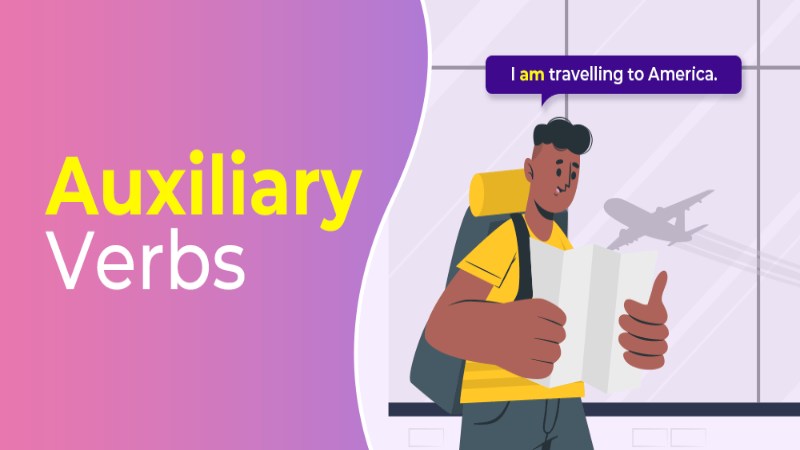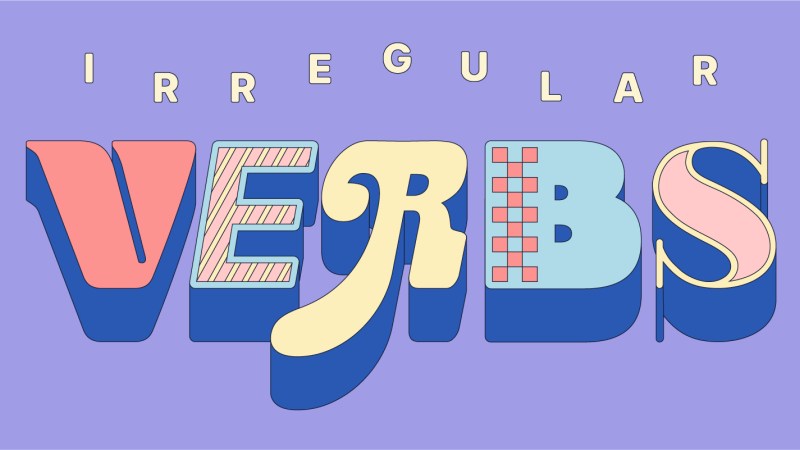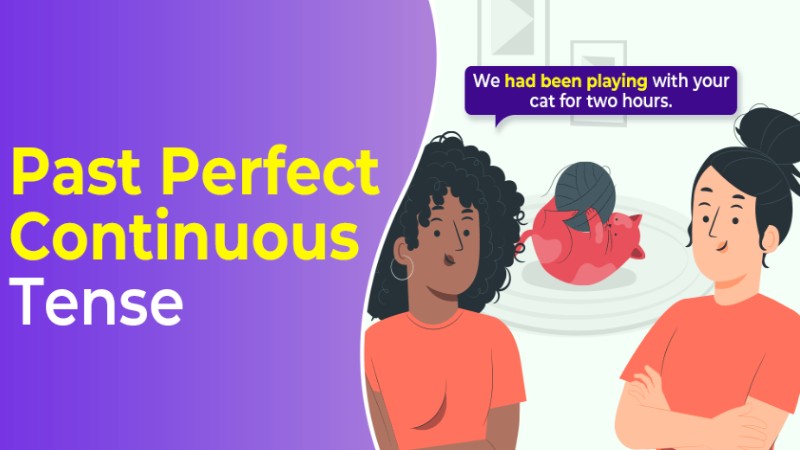
将来进行时的用法
未来正在进行中的动作
将来进行时用于描述未来某个特定时间正在进行中的情况或动作。
This time next month, we‘ll be travelling to London. 下个月的这个时候,我们将去伦敦旅行。
Tomorrow at 8, we‘ll be doing our exam. 明天8点,我们将进行考试。
When you get off the train, I‘ll be waiting on the platform. 你下火车时,我在站台上等你。
In three week’s time, we‘ll be lying on the beach and drinking a mojito. 三个星期后,我们将躺在海滩上喝一杯莫吉托。
计画好的未来事件 (同现在进行时)
将来进行时也可以用于表示已经计划或安排好的未来事件,可以取代现在进行时。
We’ll be coming next Monday. 我们下周一来。
They’ll be leaving at 8 a.m. tomorrow. 他们明天早上8点离开。
将来进行时的信号词
正如你在上面的例子中看到的,我们经常使用将来进行时搭配带有时间的表达式,例如:
- this time … (this time tomorrow, this time next month 等)
- when …
- at + time … (at 9 tomorrow, at night next Tuesday 等)
- in … (in one week, in 5 months, in 3 years 等)
- in …’ time (in one week’s time, in 5 months’ time, in 3 years’ time 等)
将来完成时的用法
未来完成的动作
将来完成时用于描述将在未来某个时间之前完成的动作。
By 2030, researchers will have found a cure for cancer. 到2030年,研究人员将已找到治疗癌症的方法。
By this time next month, I’ll have graduated. 到下个月这个时候,我就已经毕业了。
When you arrive tomorrow, we’ll have left. 你明天到的时候,我们就已经走了。
直到未来某个时间点的持续时间
我们也可以用将来完成时来表示,直到未来某特定时间点此事件的持续时间(用静态动词)
By the time I leave, I will have been in China for 6 months. 到我离开的时候,我已经在中国呆了6个月了。
In three years, we will have been married for 50 years. 三年后,我们将结婚50年。
将来完成时的信号词
正如你在上面的例子中看到的,我们经常用将来完成时与时间表达式一起使用,例如:
- by … (by tomorrow, by next Tuesday, by the end of the year 等)
- by this time … (by this time tomorrow, by this time next month 等)
- in … (in one week, in 3 years 等)
- when/before …
“by” + 时间表达式意味着“不迟于”、“在”或“在某个特定时间之前“。
将来进行时和将来完成时 – 练习题



Comments